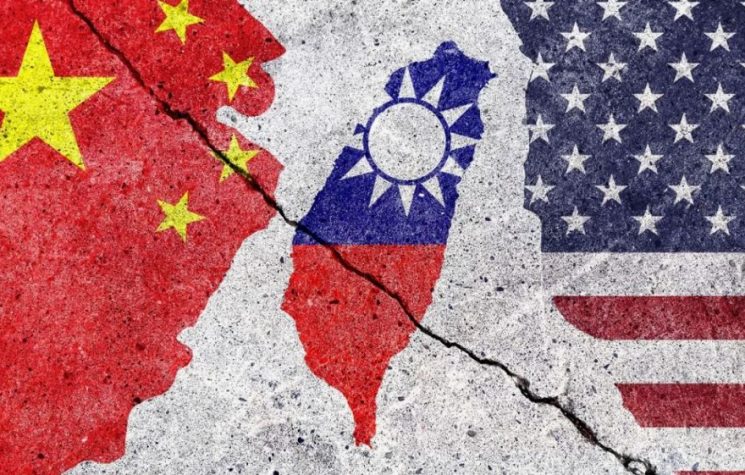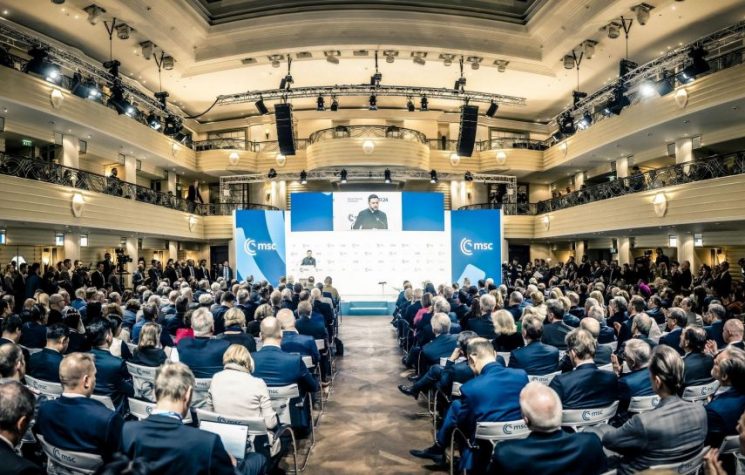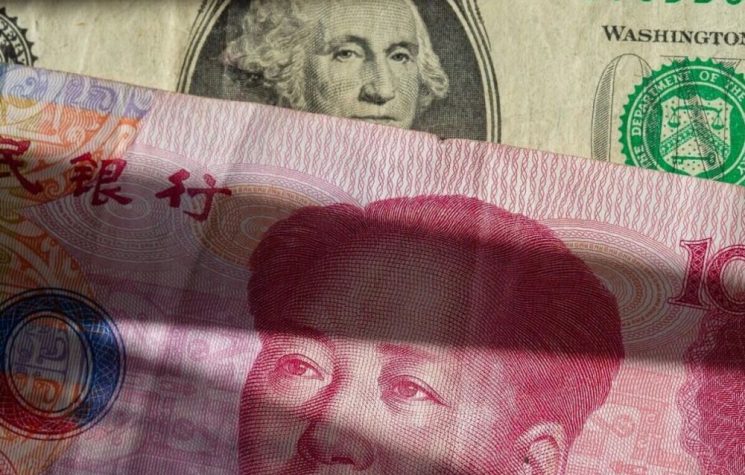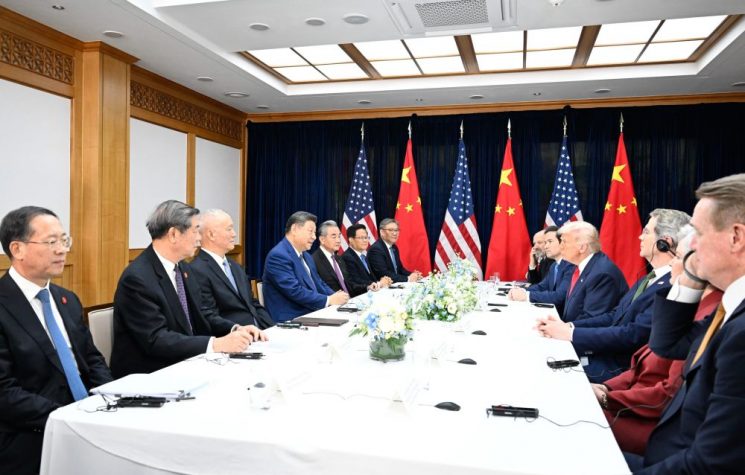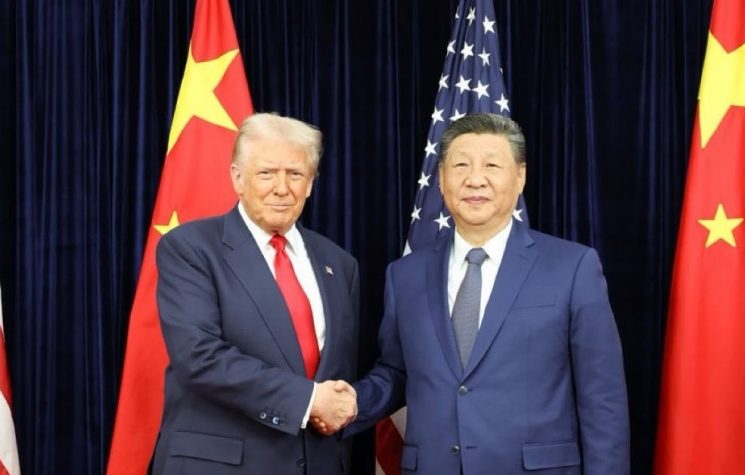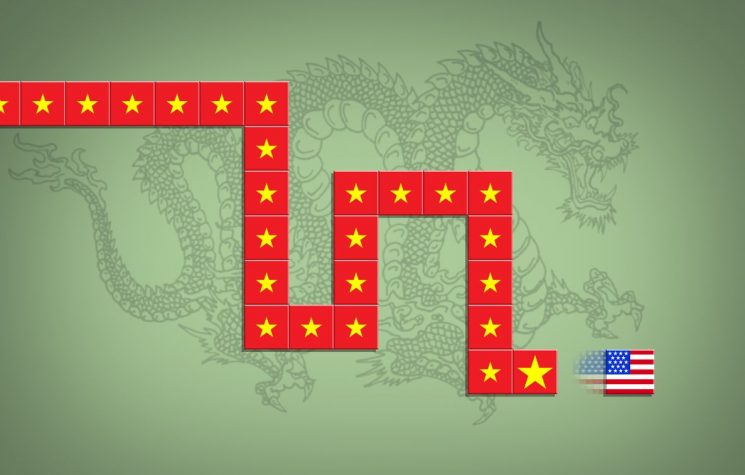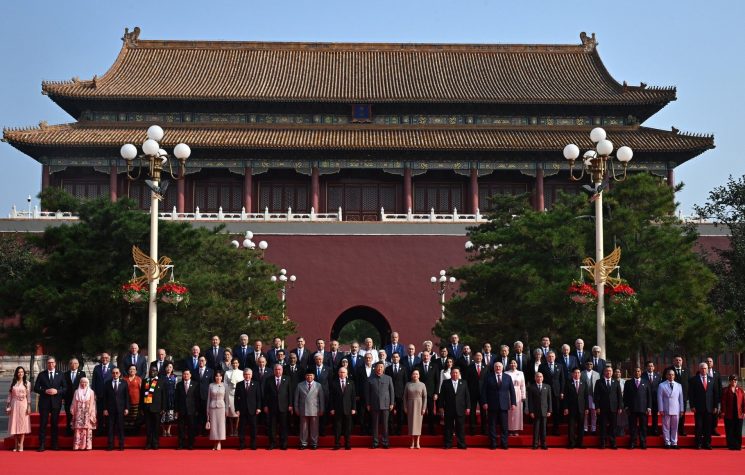China must have used their diplomatic efforts to try and unravel the mysteries of how far the U.S. is ‘hell-bent’ on fueling further escalation of the European crisis.
China is expending great diplomatic efforts to peacefully unravel the mysteries of how far the United States is hell-bent on fueling the escalation of the European crisis.
The People’s Republic of China is flexing its global diplomatic power with wisdom, intelligence, and forbearance. Not only has it succeeded spectacularly in mediating a reconciliation between arch-enemies Iran and Saudi, China is also expending its diplomatic skills to avert a cataclysmic war in Europe.
In February, on the anniversary of the beginning of Russia’s special military operation in Ukraine, China presented its peace plan consisting of 12 points.
Moscow welcomed the efforts gracefully though the Western powers dismissed them resentfully. In the 12-point proposal put forth by China, there was nothing to merit the high-handed, adverse response from the Western powers.
Antony Blinken, the U.S. State Secretary, responded in a very undiplomatic way, saying that the world must not foolishly fall for a tactical move by Russia supported by China.
The Guardian reported: “[Russian President] Putin welcomes China’s controversial [sic] proposals for peace in Ukraine… the U.S. warns against ‘any tactical move by Russia to freeze the war on its own terms’ and the U.S. Secretary of State, Antony Blinken, voiced skepticism over China’s ‘peace’ proposals, warning that they could be a ‘stalling tactic’ to help Russian troops on the ground in Ukraine.’
U.S.-based Foreign Policy magazine attributed “three hidden pitfalls” in the Chinese alleged agenda, with the uncharitable observation that Beijing’s 12-point peace plan has not much to do with peace, if at all.
This knee-jerk distrust from the so-called Collective West suggests that the Chinese proposal indeed contains a valid diplomatic solution if genuinely pursued. One might ask, who is afraid of talking about peace and political negotiations? It would seem that the United States in particular prefers the gory perpetuity of a war.
Recall, too, that more than a year ago negotiations between Moscow and Kiev generated as many as 17 draft agreements to end hostilities, only for the incipient peace deal to be shredded and chucked in the Washington DC bin after the then-British PM, Boris Johnson, suddenly popped over to Kiev on April 9, 2022.
Apparently, the bumbling “BoJo” was sent by Washington to offer a new package of financial and military aid. The then-PM of Israel Naftali Bennett, who was essentially the mediator in those prior negotiations, confirmed that fact, too.
Nevertheless, China does not seem to be giving up on its diplomatic efforts. On the contrary, witness the recent European tour of the special envoy, Li Hui, who is China’s representative for Eurasian affairs since 2019. He visited Ukraine, Poland, France, Germany, the EU administrative seat in Brussels, as well as Russia. Li engaged all parties to elaborate on Beijing’s 12-point peace plan. The proposals are predicated on respect for national sovereignty and recommend abandoning “Cold War mentality” so that the legitimate interests and concerns of all countries should be considered seriously. China’s plan calls for a sustainable European security architecture and mutual cooperation for peace and stability on the Eurasian continent. It urges immediate cessation of hostilities to facilitate peace negotiations and the lifting of unilateral sanctions.
Soon after this benign list of proposals was originally published, Chinese President Xi Jinping made a visit to Moscow. His summit with Russian counterpart Vladimir Putin ended with the significant message that the world is experiencing tectonic geopolitical changes not seen during the past century.
The era of would-be global hegemons is over. Both China and Russia are leading the international direction toward a multipolar world in which national sovereignty and equality become reality, not merely rhetorical blandishments.
Incidentally, China’s peace solution for the Ukrainian crisis is in line with the message that Beijing communicated to Washington when it appointed Li Shangfu as defense minister, who, suffice to say, happens to be under U.S. sanctions. Li Shangfu’s new ministerial term in office began with a four-day visit to Moscow and meetings with Russian defense chief Sergei Shoigu.
It is certainly intriguing what messages Li Hui and Li Shangfu may have brought to Europe and back home. Official press releases are too terse for the broader public to be able to draw any concrete conclusions, aside from courteous invitations to strengthen the strategic autonomy of Europe communicated to EU officials in Brussels.
Yet, the Wall Street Journal reported alleged details citing unnamed Western diplomats who claim to be well informed about the talks Li Hui held during his European tour. Apparently, according to the WSJ, the message conveyed was that U.S. allies in Europe should reaffirm their autonomy, insist on an immediate ceasefire and urge Ukraine to relinquish territory now belonging to Russia after the 2022 referenda. The Chinese envoy also allegedly recommended to European interlocutors that Europe should view China as an economic alternative to the U.S. and warned them that the Ukraine conflict should be ended as soon as possible before it escalates further. The WSJ journal claimed that China was trying to split Western allies.
Mao Ning, China’s foreign ministry spokeswoman, politely rejected the WSJ and advised reporters to pay attention to official Chinese readouts of its meetings for “authentic information”. She also referred to Ukraine’s Foreign Minister who said that all European parties denied that the Chinese envoy Li Hui had made any such remarks during talks.
The question remains why the Chinese spokeswoman did not categorically say that the Wall Street Journal report was false and that it was not the position of China on the matter. Perhaps her mild response reflects Chinese good manners and skills of diplomacy, which the West should learn from, methinks.
China’s diplomatic mission to Europe was surely not sudden and not unanticipated given that Foreign Minister Qin Gang visited France, Norway, and Germany earlier. Jake Sullivan, the U.S. national security advisor, also met with top Chinese official Wang Yi in Vienna. Both reached an agreement to maintain communication on the issues of national and international security. The two sides characterized the previously unannounced meeting as “candid, substantive, and constructive”. The Sullivan-Wang discussions came after a meeting between U.S. ambassador to China, Nicholas Burns, and China’s Foreign Minister Qin Gang, also during the same week in early May.
The empirical evidence suggests that China is deploying huge diplomatic efforts to unravel the mysteries of how far the U.S. is hell-bent on fueling further escalation of the European crisis. China is fully cognizant that this is not merely a Ukrainian crisis but rather a crisis of Europe with global dimensions.
With any further escalation of the war, Europe is bound to find itself in an ever-more detrimental situation. One of the chief goals for China in these diplomatic pursuits must surely be to advocate that Europe resolves this abysmal crisis independently from Washington’s malign embrace.
One wonders if there will be sufficient self-awareness and political power in the U.S. and EU to avert a looming Thucydides Trap ahead – the historical doom of war for waning imperial power. The U.S. dying beast is enraged enough. And very stupid too.
















